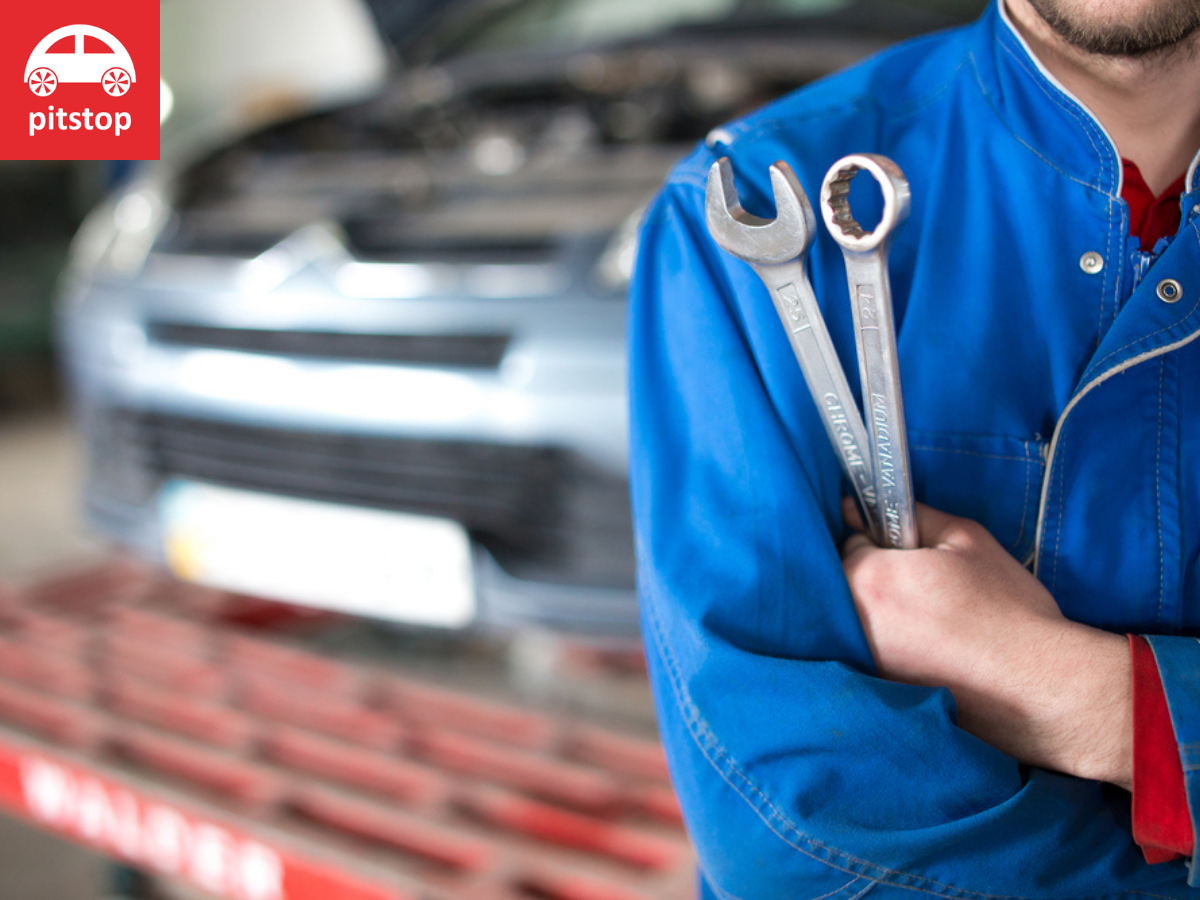
Automotive service and repair startup Pitstop is undertaking a major overhaul in its strategy pivoting from just multi-branded service garages to supplying parts through its digital platform Yantra. The strategy is built on the premise that in the post pandemic world more and more single branded automotive showrooms and service centres will become multi-branded, increasing the demand for genuine parts.
Founded in 2015 by IIT Kanpur graduate Mihir Mohan, Pitstop is aiming big targeting an over 50 fold jump in revenue from USD 25 million today to USD 1.3 billion over the next 5 years. Bulk of this growth will come from Yantra accounting for 90% of its revenues on the back of which it intends to turn profitable by the end of fiscal 2024.
“The entire automotive aftermarket is valued at USD12 billion of which 65-70%or USD 8 billion caters to those who move away from company owned service centres and opt for multi brand garages. Around 65% of this or USD 5.2 billion is parts business, which is going to grow to almost USD 8.3-8.4 billion in next 3-4 years,” says Mohan. “This is where we see our business growing. We will create a very large network of almost 30,000 plus garages, where the part requirement will be catered to by 4000 plus smart fulfilment centres. In our five year plan projected revenue is around USD1.3 billion. This is a B2B business with better demand predictability and less consumer acquisition cost. So alongside this, we also hope to be profitable by March 2024.”
Automotive dealerships have borne the brunt of the distress that started with the economic slowdown in 2019 and worsened in the following years due to the pandemic. Pitstop itself has had an uncertain journey with demonetization in 2016 followed by GST in 2017 and the three waves of the coronavirus pandemic in the last two years posing major challenges. The shift in strategy was a result of these as in the altered market scenario Mohan believes single brand dealerships and garages will find the going tougher.
In the post pandemic world, dealers are not in the right shape today and the fixed cost structure is making way for multi brand authorised dealershipsMihir Mohan, Founder, Pitstop
“In the post pandemic world, dealers are not in the right shape today and the fixed cost structure is making way for multi brand authorised dealerships,” he said. “Also the OES (original equipment suppliers or tier 1 component players like Bosch and Continental) players have become more dominant and forthcoming than ever before because they sense this direct aftermarket opening up for them. Today 60% plus parts that are required are OES parts and 40% are OEM (original equipment manufacturers or vehicle makers like Maruti and Hyundai) parts.”When it started out, Pitstop sought to become a builder of efficient and trustworthy garages offering a middle of the road option from the traditional company service centres that had the best practices but were expensive and monopolistic or the much cheaper but unreliable roadside garages.
It was not entirely a novel concept and the late Jagdish Khattar famously burnt his hands at this with his own venture Carnation. Despite being an industry insider, Khattar struggled to break the hegemony of OEMs that sought to restrict parts supply only to their authorised service network. Though Carnation did not take off, Khattar’s slog led to fair play watchdog Competition Commission of India coming down heavily against automobile companies on numerous occasions leading to a gradual breakdown of the monopoly.
“It is thanks to Mr. Jagdish Khattar of Carnation that we exist today. It was due to him that the spare parts market opened up and companies like ours became feasible,” Mohan admits. “There are more than 6500 authorized dealers, over 1000 standalone multi brand outlets and about 300,000 roadside garages. If customers are given a choice, a majority will want to move away from authorised dealership network and that’s the larger opportunity we are catering to. We are builders of garages.”
The company has identified three areas that hamstrung roadside garages–lack of spare parts, technology and brand recall. Mohan has devised a strategy to solve these problems to make them more attractive for customers. If it works out and as Pitstop branded garages dot the neighborhoods of cities and towns across the country, they will also provide a ready source of business for Yantra.
“Spare parts is 65-70 % of the invoice of a garage. With Yantra we will be providing parts within 90 minutes. We believe it will change the whole dynamics of service and repair because parts contribute a big way to the delay in service to customers,” he said. ” To solve the problem of technology we have built a comprehensive garage operating system which allows everybody involved the use of a digital platform to render good service while helping us keep with greater accountability on quality of service.”
Also Read:















